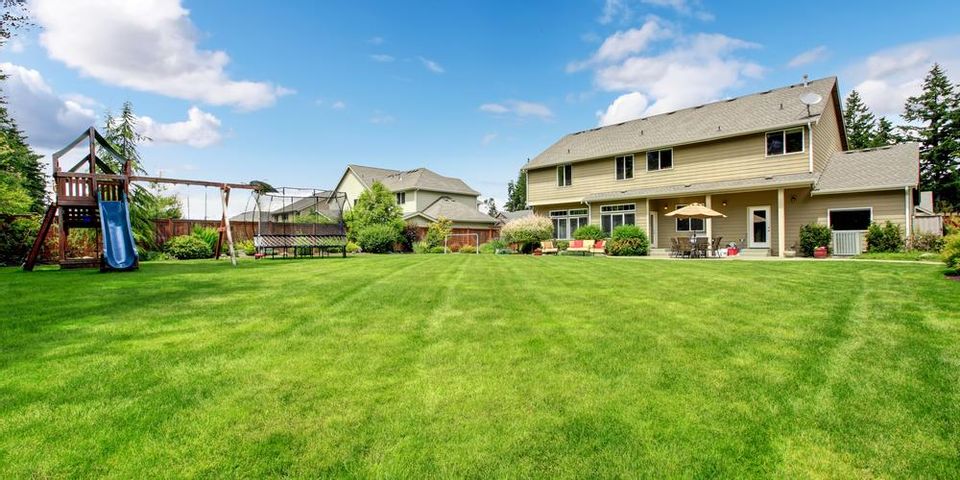Don’t miss this How Much Does A Septic System Cost In Tennessee article containing the interesting information you’re looking for, all carefully summarized by us.
As a homeowner in Tennessee, you may have encountered the topic of septic system costs. These systems play a crucial role in managing wastewater from homes that aren’t connected to municipal sewer lines. Understanding the associated expenses can help you plan effectively for maintaining or replacing your septic system.

How Much Does A Septic System Cost In Tennessee
To provide a comprehensive overview, this article delves into the factors that influence septic system costs in Tennessee, explores the latest trends, and shares expert advice to guide your decision-making.
Factors Influencing Septic System Costs
Several variables affect the total cost of a septic system in Tennessee:
- Size and Complexity: Larger homes require more extensive septic systems, leading to increased costs.
- Type of System: Conventional gravity systems are typically more affordable than alternative designs, such as aerobic or sand filter systems.
- Soil Conditions: The permeability of your soil influences the design and size of the system, potentially impacting costs.
- Labor Costs: The availability and rates of qualified contractors vary from location to location.
- Inspections and Permits: Local regulations may require inspections and permits, adding to the overall expense.
Cost Breakdown
The cost of a septic system installation in Tennessee typically ranges from $3,000 to $10,000. This includes the materials, labor, and installation.
Regular maintenance is essential to prevent costly repairs or replacements down the road. Pumping the tank every three to five years costs around $250 to $500. Inspection and filter cleaning add another $100 to $200 annually.
Latest Trends
Advancements in septic system technology have introduced more efficient and environmentally friendly options.
Aerobic Treatment Units (ATUs): These systems use oxygen to break down wastewater, resulting in cleaner effluent and reduced maintenance requirements.
Sand Filter Systems: Ideal for areas with poor soil permeability, these systems filter wastewater through sand beds, producing highly treated effluent.
Expert Advice
To optimize your septic system investment, consider these tips:
- Choose the Right System: Consult with a licensed contractor to determine the most suitable system for your property.
- Get Regular Maintenance: A well-maintained system extends its lifespan and prevents costly repairs.
- Avoid Flushing Harmful Substances: Dispose of grease, chemicals, and non-biodegradable items properly to avoid clogging the system.
- Consider Low-Water Fixtures: Reducing water consumption minimizes the load on your septic system.
- Document Your System: Keep detailed records of inspections, maintenance, and repairs for future reference.
FAQs
Q: How often should I have my septic tank pumped?
A: Every three to five years or more frequently if you have a high water usage rate.
Q: What are the signs of a failing septic system?
A: Slow drains, gurgling noises, foul odors, and wet or spongy areas near the tank.
Q: Can I install a septic system myself?
A: It’s highly recommended to hire a licensed contractor for proper installation and maintenance.
Conclusion
Understanding the costs and factors associated with septic systems in Tennessee empowers homeowners to make informed decisions about their wastewater management needs. By following expert advice, considering the latest trends, and maintaining your system proactively, you can ensure its longevity and minimize potential expenses.
If you’re interested in learning more about septic systems or need assistance with installation or maintenance, we encourage you to contact a reputable contractor or visit relevant government websites for additional resources.
How Much Does A Septic System Cost In Tennessee

Image: connect2local.com
Thank you for reading How Much Does A Septic System Cost In Tennessee on our site. We hope you find this article beneficial.